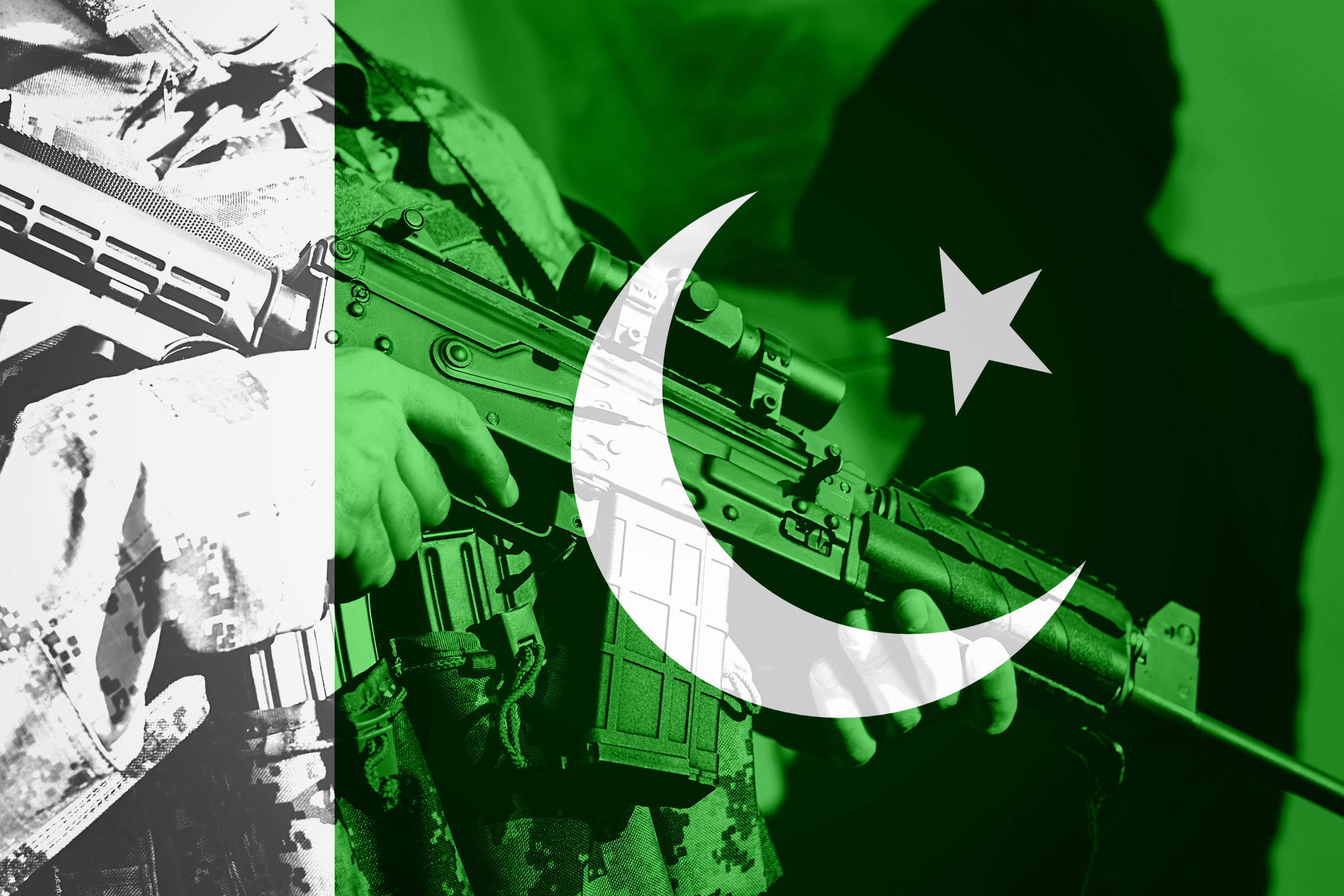
The Pashtun Tahafuz Movement (PTM) that emerged in 2018, claims to represent the rights and interests of the Pashtun people in Pakistan, advocating against what it describes as military excesses, enforced disappearances, and human rights violations in the tribal regions, particularly in areas affected by counter-terrorism operations. However, critics, including the Pakistani government, assert that the PTM’s activities go far beyond mere civil rights advocacy. The movement has been accused of promoting anti-state rhetoric, aligning itself with foreign interests, and even collaborating with external forces to destabilize Pakistan. These activities over time led the government to proscribe groups associated with PTM, citing threats to national security and the integrity of the state. Despite PTM’s insistence on peaceful activism, its controversial actions and foreign links have placed it at the center of a heated debate about national sovereignty and internal stability.
The demand for the removal of proscription on these PTM-associated groups raises significant concerns regarding national security and the integrity of Pakistan’s governance structure. The government’s decision to proscribe these groups stems from their activities, which pose a direct threat to the state’s stability. By attempting to establish armed militias and alternate governance mechanisms, these groups not only act unconstitutionally but also jeopardize the security environment in the region.
To understand the gravity of this situation, it is essential to consider the broader geopolitical context. PTM’s activities reportedly receive support from Afghan and Indian intelligence agencies, which aim to destabilize Pakistan. India’s indirect financial assistance to the Afghan Taliban can be viewed as a strategic move to bolster the TTP-PTM nexus, aligning with India’s agenda of creating an “Akhand Bharat.” This alignment raises red flags regarding the legitimacy of the PTM’s motives and objectives.
Evidence of foreign intervention is not merely speculative; it is substantiated by incidents of funding that have been traced back to Indian consulates in Kandahar and Torkhum, where money was allegedly provided to support protests against the Pakistani state. Furthermore, funds reportedly received from the Afghan National Directorate of Security (NDS) for protests in Peshawar underscore the collaboration between external actors and PTM affiliates. Such financial backing, often funneled through informal channels like hawala, serves to empower groups that undermine Pakistan’s sovereignty.
In addition to external threats, the domestic implications of removing proscription cannot be overlooked. The nexus between the Tehrik-i-Taliban Pakistan (TTP) and the Afghan Taliban presents a significant challenge for Pakistan’s security. This collaboration allows both groups to strategize against state interests, thereby exacerbating an already precarious situation. The public show of solidarity from Afghanistan’s former President Ashraf Ghani towards PTM further highlights the potential for coordinated efforts against Pakistan’s governance.
The demand for lifting the ban appears to be a deliberate attempt to legitimize illegal armed groups that operate outside the state’s legal framework. By advocating for the removal of proscription, the Jirga undermines democratic processes and seeks to restore a chaotic, unregulated governance system. Such actions not only threaten the rule of law but also distract from the government’s ongoing efforts to maintain law and order in the country.
Moreover, the PTM’s recent activities raise serious concerns about their intentions. Instances of burning the Pakistani flag and attacking embassies abroad reveal an alarming trend of promoting an anti-Pakistan narrative. Their supporters have engaged in violent clashes with police, resulting in casualties among activists, further demonstrating the movement’s increasing radicalization. These actions signify a departure from legitimate advocacy for rights and indicate a shift towards extremism and violence.
Critically, PTM leaders have been accused of using abusive language against security institutions at their rallies, promoting racial discrimination, and fostering division within Pakistani society. Such rhetoric not only undermines national cohesion but also incites hostility towards state institutions tasked with ensuring the safety and security of all citizens. It is imperative that the government addresses these challenges decisively, as they threaten the very fabric of Pakistani society.
The Jirga’s call for the establishment of a “Pashtun Markaz” further complicates the situation. In the presence of a functioning Khyber Pakhtunkhwa (KP) legislature, this demand appears to be an attempt by PTM to form a parallel governance structure. The push for the KP Assembly to pass a bill for the establishment of this body raises concerns about the erosion of state authority and the potential for increased unrest in the region.
Given the prevailing circumstances, the state must respond with appropriate measures to protect its sovereignty and maintain public order. The removal of proscription would only serve to embolden groups that have already shown a willingness to operate outside the law. Instead, a harsher response, including the arrest and trial of PTM leaders under Article 6, may be necessary to deter further anti-state activities and protect the integrity of Pakistan’s governance framework.
In conclusion, the demand for removing proscription on PTM-associated groups is fraught with risks that cannot be ignored. The potential for increased violence, collaboration with militant factions, and the promotion of an anti-state narrative all underline the need for a robust response from the government. Upholding the rule of law and maintaining national security should remain paramount in any discourse surrounding the PTM and its affiliated groups. The integrity of Pakistan’s governance system relies on a steadfast commitment to confronting challenges posed by elements that seek to undermine the state’s authority and security. As such, it is imperative for the government to take a firm stance against the demands for proscription removal and to ensure that the rule of law prevails for the safety and security of all citizens.
